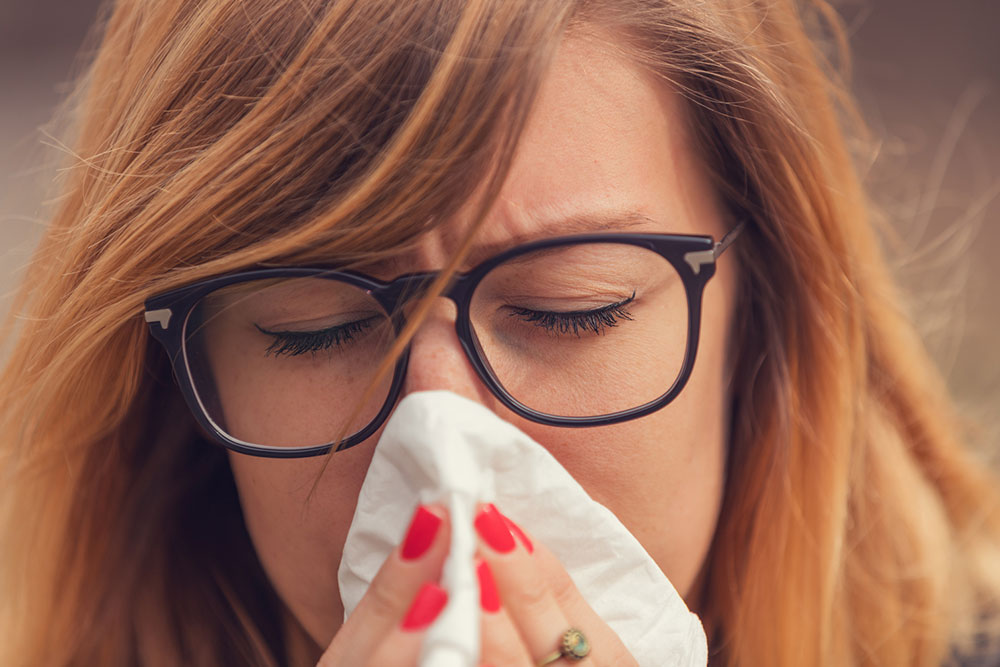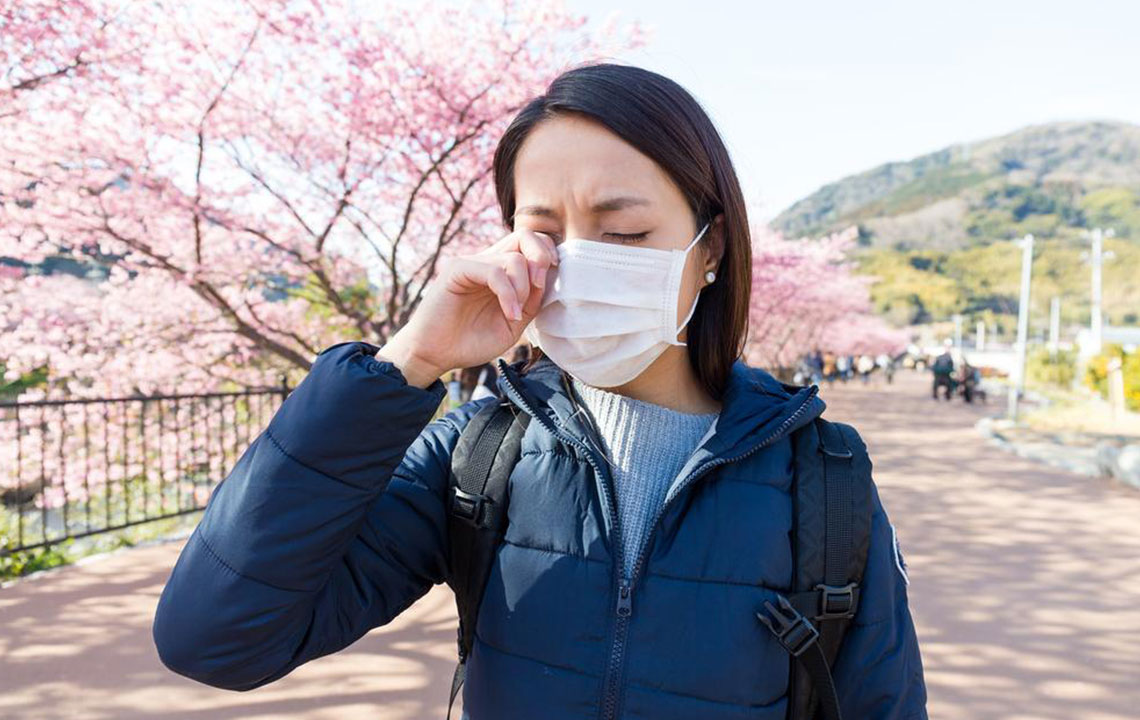Identifying and Managing Allergic Coughs: Key Symptoms and Treatment Options
This article explores the signs, causes, and treatments of allergy-induced coughs. It discusses common triggers like pollen and pet dander, symptoms such as mucus buildup and night coughing, and offers practical management tips like antihistamines and nasal rinses. Understanding these aspects helps in effective symptom relief and prevention. Ideal for individuals experiencing prolonged or allergy-like coughs, seeking clarity on whether allergies are the cause and how to manage them effectively.

Identifying and Managing Allergic Coughs: Key Symptoms and Treatment Options
A cough is a reflex triggered when irritants irritate the throat, nose, voice box, or lungs, helping clear harmful substances from the respiratory system. While occasional coughing is usual, persistent coughs lasting more than a week may be signs of allergies or other health concerns. If your cough continues, it’s advisable to seek medical advice. Allergic coughs often mimic cold-related coughs but differ in cause and duration. Recognizing these differences aids in effective treatment and relief.
Allergic coughs are typically caused by exposure to allergens such as pollen, pet dander, or dust. These allergens activate nerve endings in the respiratory tract, prompting the cough reflex. Unlike cold or flu coughs, allergy-related coughs tend to last longer and are worse at night, with symptoms such as postnasal drip and mucus buildup irritating the throat.
Common allergy triggers include seasonal elements like pollen and mold spores, as well as permanent sources such as dust mites, pet dander, and indoor molds. These cause mucus to drip in the back of the throat, leading to coughing. Allergic coughs often worsen at night due to mucus settling. People with asthma may experience wheezing and tightness in the chest when exposed to these allergens. Recognizing these signs helps in managing symptoms effectively and preventing flare-ups.
Allergy-related coughs generally last longer than viral coughs, which often resolve in days.
They can be seasonal or year-round depending on allergen exposure.
Additional symptoms include itchy eyes, throat discomfort, and dark circles under the eyes.
Triggers include pollen, mold, dust mites, pet dander, and indoor fungi.
The cough results from postnasal drip caused by mucus due to allergy irritation.
Night coughing is more intense due to mucus drainage, especially when lying down.
For those with asthma, allergens may cause airway narrowing, leading to wheezing and chest tightness.
Effective Treatment and Management for Allergy Coughs
Since allergic coughs are not contagious, managing exposure and reducing symptoms are primary. Over-the-counter remedies include decongestants to reduce nasal mucus, antihistamines to control allergic responses, and nasal sprays to flush out mucus. Steam inhalation from hot showers and saline nasal rinses can soothe nasal passages and clear mucus. For persistent or severe cases, consulting an allergy specialist is recommended for tailored treatment options.
Disclaimer:
Our website offers useful health insights on various topics. While based on research and expert contributions, this information does not replace professional medical advice. Always consult healthcare professionals for diagnosis and treatment plans. Additional treatment options may be available; discuss them with your doctor.


